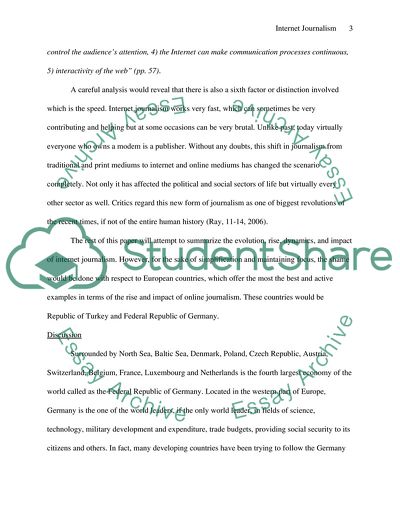Cite this document
(Internet Journalism in European Countries Research Paper, n.d.)
Internet Journalism in European Countries Research Paper. Retrieved from https://studentshare.org/journalism-communication/1746024-1with-reference-to-two-european-countries-assess-and-compare-the-evolution-of-and-social-impact-of-internet-journalism
Internet Journalism in European Countries Research Paper. Retrieved from https://studentshare.org/journalism-communication/1746024-1with-reference-to-two-european-countries-assess-and-compare-the-evolution-of-and-social-impact-of-internet-journalism
(Internet Journalism in European Countries Research Paper)
Internet Journalism in European Countries Research Paper. https://studentshare.org/journalism-communication/1746024-1with-reference-to-two-european-countries-assess-and-compare-the-evolution-of-and-social-impact-of-internet-journalism.
Internet Journalism in European Countries Research Paper. https://studentshare.org/journalism-communication/1746024-1with-reference-to-two-european-countries-assess-and-compare-the-evolution-of-and-social-impact-of-internet-journalism.
“Internet Journalism in European Countries Research Paper”, n.d. https://studentshare.org/journalism-communication/1746024-1with-reference-to-two-european-countries-assess-and-compare-the-evolution-of-and-social-impact-of-internet-journalism.


